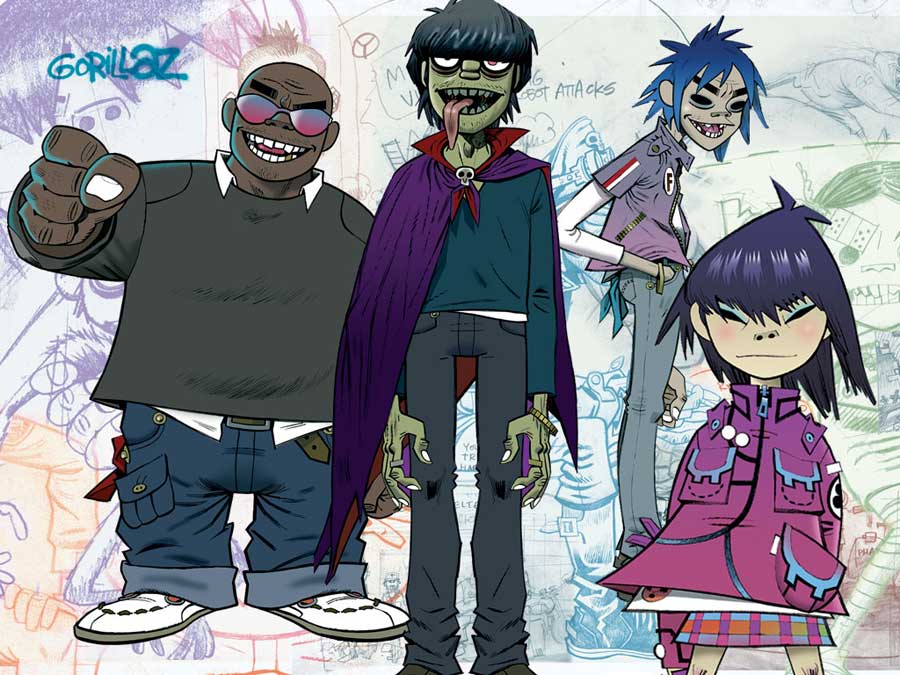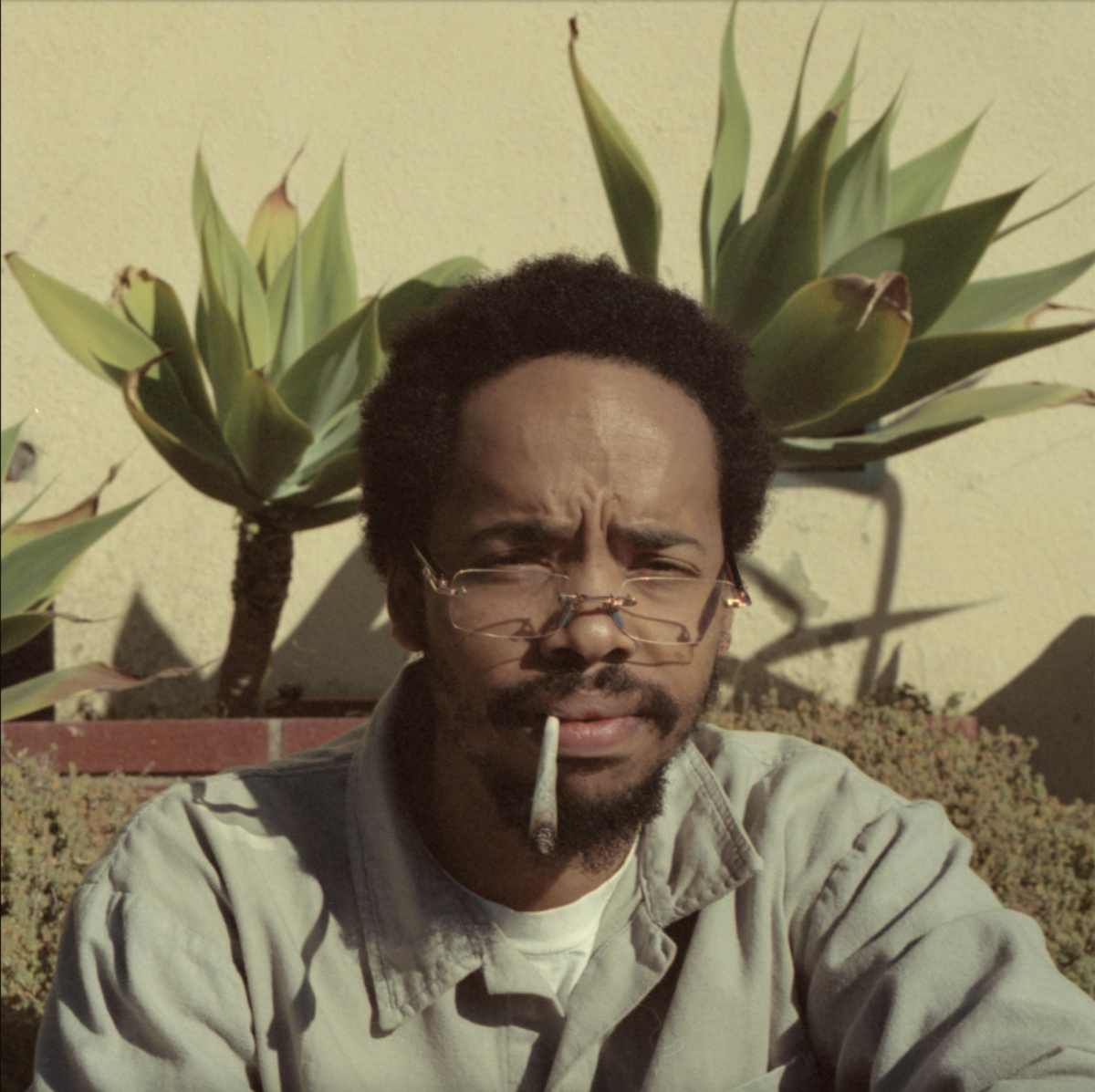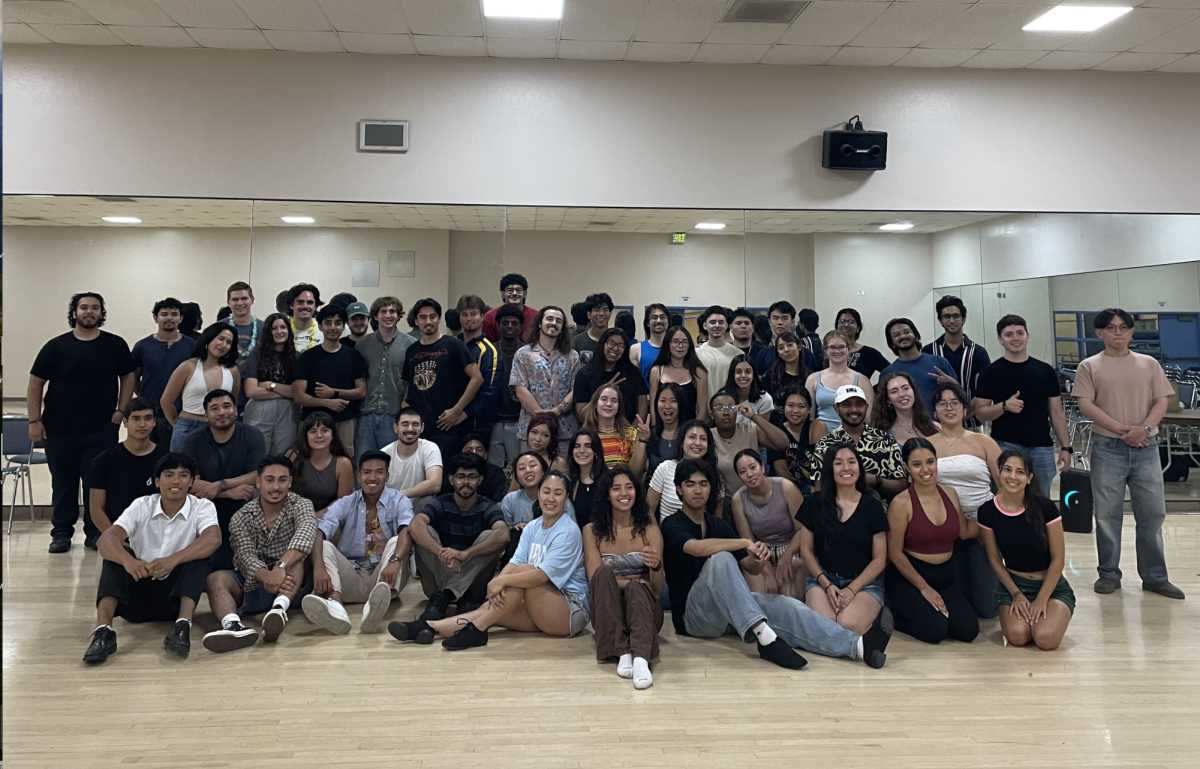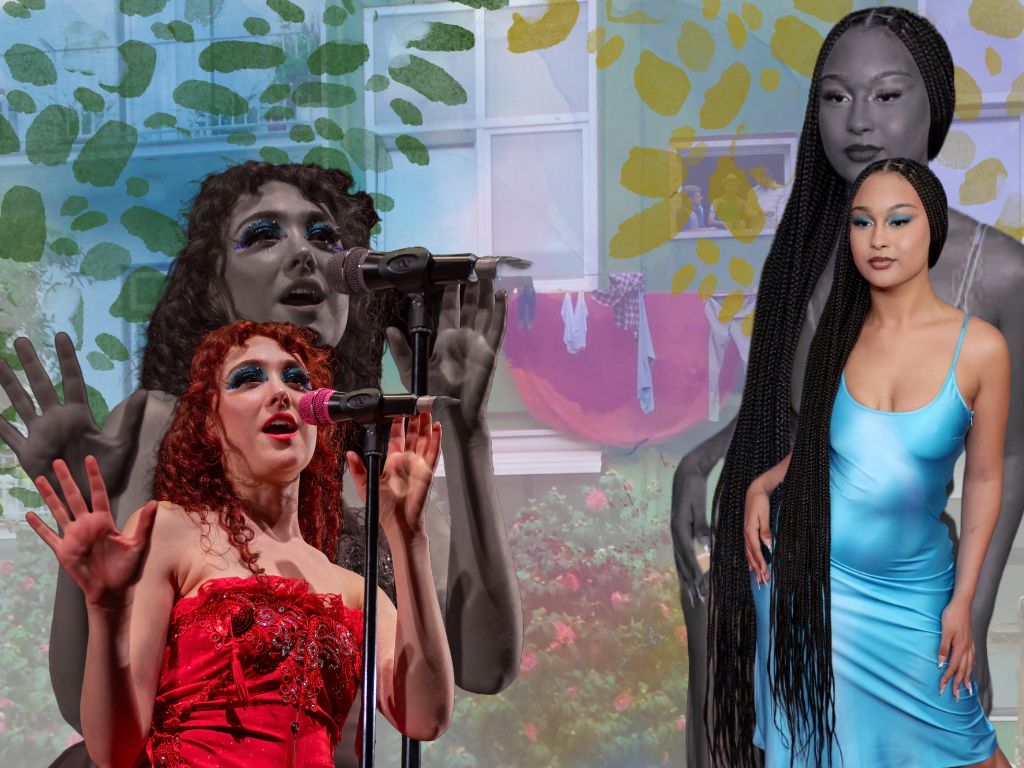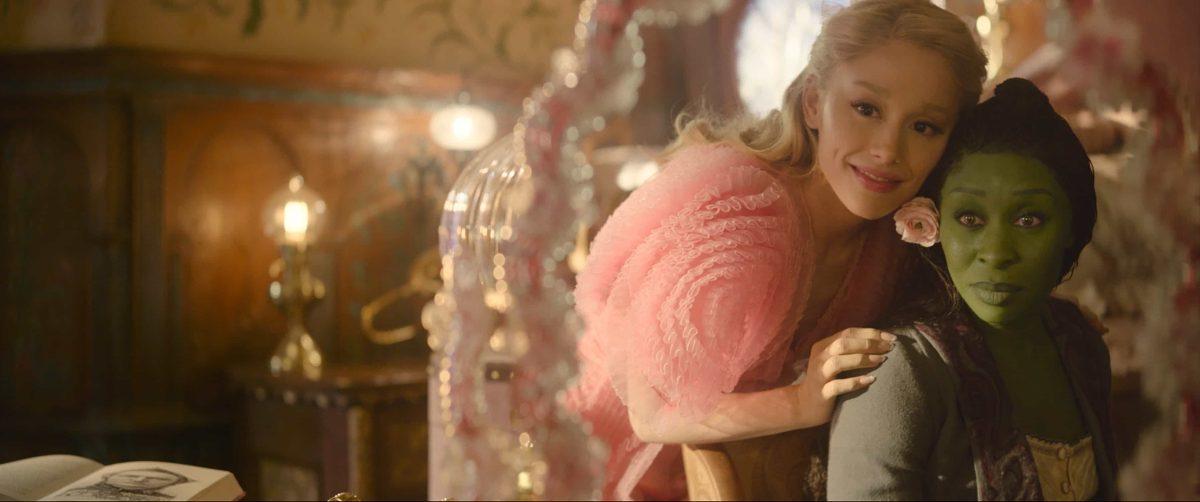Gorillaz’s newest album “Song Machine, Season One: Strange Timez” veers away from the musical status quo. From the innovative presentation to the instrumentals and the features, the whole listening experience was completely unexpected.
The British band, led by songwriter, producer and lead singer Damon Albarn, rose to fame with their most notable album “Demon Days” in 2005. Gorillaz is a virtual band, meaning most of their visual content is animated, which is part of the band’s unique image.
Two years after the release of their 2018 album “The Now Now,” the British electro-pop band returns.They call their newest release, which dropped Friday, a season instead of an album, with the lineup consisting of
12 episodes instead of songs.
“It was meant to be an episodic thing with no real sort of agenda,” Albarn said in a Thursday BBC Radio 6 interview.
If a no-agenda project is what the Gorillaz intended to create, then that’s exactly what they delivered.
The sounds and production of the album can only be described as a genreless jumble of free-flowing thoughts.
Each song stands on its own through different forms of musical experimentation, identity changes and layers of
various instruments.
The opening track “Strange Timez” uses a weary, siren-like synthesizer to capture the essence of the title, while “The Lost Chord,” featuring Leee John, captivates you with its jazzy sonics.
On this track, a comforting and minimal drum pattern complements a melodic flute while the subject matter touches on freedom, as the song’s final refrain repeats, “I want to be free.”
The song “Pac-Man,” is bolstered by a strong, introspective performance from L.A. rapper ScHoolboy Q, who delivers two verses over a funk-inspired instrumental about topics of trauma and fear.
Lyrical content is one of the only things that remained consistent throughout this project. Throughout most of the album, somber moods and internal conflicts from the artists are hidden within its complex production.
This is evident in the uptempo track “Chalk Tablet Towers” where the hook repeats, “I wanna get drunk / I wanna get stoned / I wanna give up / I wanna go home,” over an ironically happy-go-lucky, high-pitched synthesizer.
The album continues its unconventional themes with the unlikely pairing of Atlanta singer and rapper 6LACK and English artist Elton John in “The Pink Phantom.” The slow-tempo song featured a minimal piano loop and a simple drum pattern. An auto-tuned 6LACK accompanied the instrumentals followed by John’s famous voice and the contrast between the two artists while distinct, provided a lively dynamic.
Another highlight is “Désolé”, originally the second single released prior to the album. The track stands as one of the most uncomplicated songs on the album with its steady, calm guitar riff and simple refrain that repeats the title throughout the song, translating to “sorry” in French.
The tail end of the track features a triumphant and soulful trumpet bridge leading into a lush piano melody, percussion section and calm electric guitar that closes out the song.
Every episode on “Song Machine, Season One: Strange Timez” individually shines and embodies a different style that at times can be chaotic, but in a way that is intriguing and captivating.
The multiple genres in the album range from pop to bossa nova, from punk rock to hip-hop, alternative rock and plenty other musical fusions.
While the album loses some momentum around the song “Severed Head,” it does not take away from the listening experience. The closing track “How Far?” features assertive rapping from British artist rapper Skepta who boasts, “Looked at the man in the mirror, that’s the only enemy that I fear.”
Gorillaz proved with this album that even though its members are more than 20 years into their careers, their ideas are original, forward-thinking and fans should expect the unexpected.





































